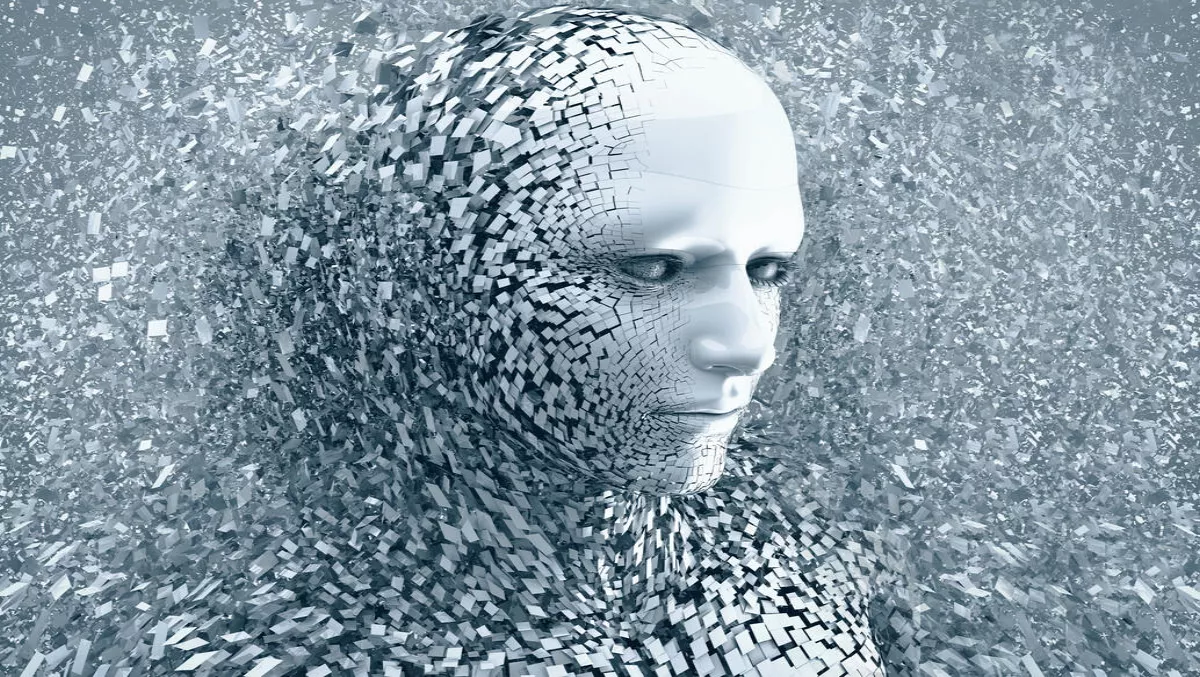
AU behind in robot uptake, NZ named IoT leader - report ranks countries on digital tech
The OECD Science, Technology and Industry Scoreboard 2017 has been released, and the report ranks countries on digital technologies, science, and robot uptake, alongside other digital transformation trends.
The report shows how Australia, New Zealand and other OECD countries are pushing ahead in developing new digital technologies, automating manufacturing and ensuring workers have the right skills for tomorrow's jobs.
Among the findings, Australia is a leader in using tax incentives to support business R-D but has one of the lowest shares of robot uptake of OECD countries, while New Zealand is a world leader in the Internet of Things sector.
Science and innovationMoreover, China now ranks among the top five economies - along with Chinese Taipei, Japan, Korea and the United States - in developing cutting-edge digital technologies and is producing more and better quality scientific research.
India and eastern European countries are also increasing their weight in science and innovation.
China, Chinese Taipei, Japan, Korea and the US accounted for 70-100% of the 20 fastest growing new ICT technologies (such as payment protocols or interactive TV) from 2012 - 2015 as measured by inventions patented in the five top Intellectual Property offices.
RoboticsKorea and Japan are the leaders in robot intensity – measured by the number of robots used in a sector divided by the overall value created by that sector, giving a sense of the pace of automation relative to industry size.
Robot intensity is rising in the Czech Republic, Hungary, Slovak Republic and Slovenia, and in the BRICS, most notably in China which is fast catching up to US level
The Internet of ThingsThe report highlights the fast growth of the Internet of Things, or machine-to-machine communication via Internet-connected devices such as vehicles, sensors or home appliances, is growing fast.
According to the report, China had the most SIM cards in machines in 2017 at 228 million subscriptions, accounting for 44% of global M2M connections and three times the US share.
In terms of M2M cards per person, New Zealand ranks second in the world after Sweden, well ahead of the US and UK.
Australia stands just below the OECD average.
Artificial intelligenceThe report reveals the number of artificial intelligence technologies patented in the 5 top IP offices rose by 6% a year on average from 2010 to 2015, led by Japan.
Japan, Korea, and the US together accounted for over 62% of AI-related IP5 patent applications, down from 70% in 2000 - 2005 as filings rose from China and Chinese Taipei.
The findings show EU countries contributed to 12% of the top AI inventions, down from 19% in the previous decade.
Scientific publicationsThe report identifies that the U.S has the biggest share of the world's top 10% most-cited scientific publications. Meanwhile, China has overtaken the UK to lie in second place after tripling its high-impact output in a decade.
Yet, the report also finds that US share of top-cited research fell from 38% in 2005 to 26% in 2016, the UK slipped from 8% to 6% and China increased its share from 4% to 14%.
Australia stands in ninth place with 3%.

